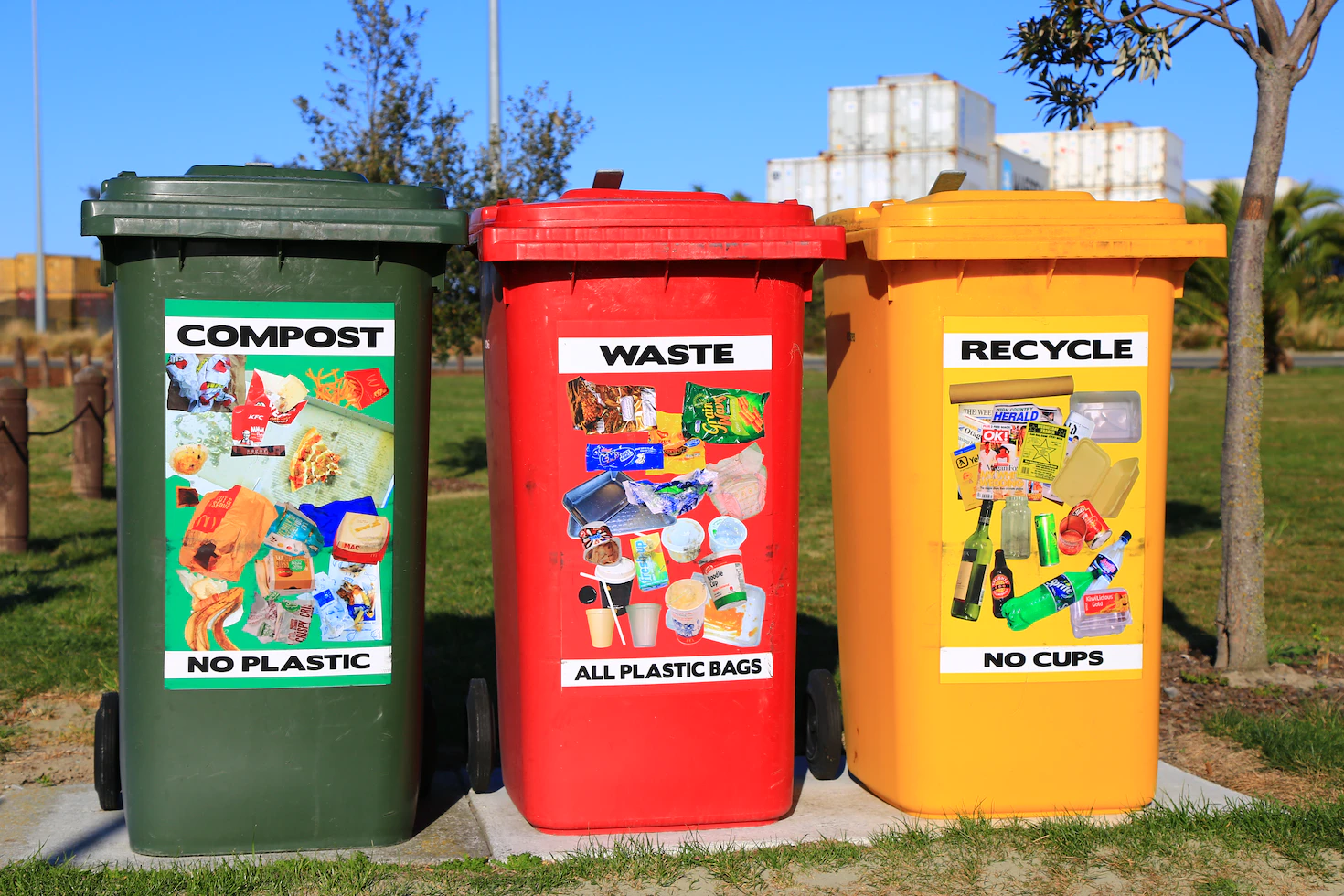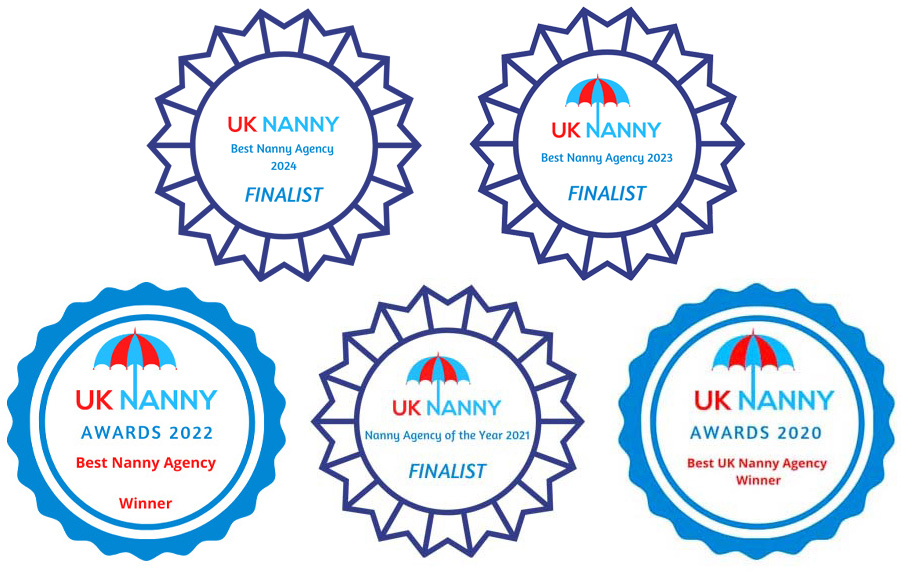Recycle Awareness Week

Recycle Awareness Week
How many bins do you have in your kitchen? If you’re anything like me, you probably have more than one and may even have several! Thankfully, we have more recycling bins than general rubbish bins which must mean we’re doing well when it comes to putting our waste to good use.
Don’t worry I’m not scraping the blog barrel here by telling you about my bins and rubbish – it is Recycle Awareness Week. This week is a chance for us all to focus on what we recycle and what we don’t and why don’t we, and it could be a good opportunity for you to start a conversation with your little ones and even your nanny about the state of recycling in your home and using sustainable products more.
Childcare and recycling
This might sound like an odd title but if you care a lot about recycling and perhaps have a good system in place, then it’s good to explain that to your nanny. An egg box in with glass or a tin can that you find in your general bin is likely to irritate you which isn’t great for the family-nanny relationship.
When your nanny starts, as you’re walking them through the kitchen, explain your recycling rules and even get the children involved so that they can act as ‘recycling bin gatekeepers’!
Children and recycling
The sooner you discuss recycling with your children and show them what that means, the more ingrained in their life it will become. They are more likely to follow in your footsteps and care about the planet.
Recycling waste such as plastic and cardboard in the kitchen is a great job for the children, as long as they’re at no danger of sticking their hands in bins containing tin cans and glass*. Also in the kitchen is the composting of food waste. Adding little ones’ food waste to the compost bin encourages chat about where it’s going, what will happen to it and what it will be used for – a gentle ‘circle of life’ discussion. Of course, you want your young children to eat enough so don’t make it too much fun or they’ll be deliberately leaving food and, let’s face it, they don’t need more excuses!
And then there’s recycling clothes, toys and belongings. This is equally as important as packaging recycling and could involve passing clothes and new baby equipment onto a friend or taking these items to a charity shop. Your nanny will be able to help with outgrown clothes’ sorting and depending on the nanny’s responsibilities, they might be able to clean any breast pumps, baby bottles, puree machines and other baby paraphernalia before you give it away. If it’s in good condition and you can afford to, I would strongly encourage that you do give it away for free – there are always needy families.
Toys’ sorting is a bit of a different beast as, by going through the playroom and discovering previously forgotten toys, it tends to make children want whatever you’re proposing to recycle. As a result, it’s best to ask your nanny to do this whilst children are napping, at school or if it’s the only time available, at night (although maybe don’t expect your nanny to do extra hours)! Make sure the children don’t see the bags of their toys; tears and tantrums will ensue if they do, and you end up keeping everything! Another pitfall of toy recycling is taking the toys to a charity shop and walking out with more that you’ve just bought…. (Charity shops can be great for stocking fillers though so don’t rule them out completely!)
The Repair Shop
We are raising children in a culture of ‘shiny and new things’ but it doesn’t need to be that way. If something isn’t working, show children that it might just be the batteries and change them (don’t let children do this on their own). Their little faces when a beloved toy comes back to life is joyous!
If it’s something more and you think you can safely fix it, do it and let them be your assistant! The ‘make do and mend’ mentality is trendy again, reflected in the success of the TV programme The Repair Shop, so have a go and if you need help, there are repair cafes popping up locally. Sellotape and super glue are also trusty tools – just make sure you put the super glue away out of tiny fingers’ reach!
Sustainable shopping
Sustainable shopping can start in the supermarket where you can show your children how to make environmentally friendly food choices by looking at where food is sourced. If it’s come from afar, it’s probably not in season in the UK.
Better still, shop local: support your local butcher for meat and poultry, milk and cheese and your local old-fashioned greengrocer for fruit and veg. Here in the Garden of England, we have a glut of farmers’ markets tucked away in some of our most beautiful villages. They make a great trip out with children whilst demonstrating the idea of ‘farm to fork’.
There are more and more zero waste shops popping up locally and these are great fun with children too as they can play at being shop-keeper! Take your empty containers along to the likes of Zilch Zero Waste in Tonbridge or the Zero Waste Company in Tunbridge Wells and fill up with household basics such as flour and sugar as well as laundry detergent and washing up liquid.
And lastly, do accept the offers of hand-me-downs. It’s a form of recycling and so much better for the environment, especially as children go through clothes very quickly.
I don’t claim to be a recycling expert but these are some basic things that we could all be doing. And as we all know, the children of today will need to work hard to conserve the planet. Let us show them the way, everyday as we do with so many other parts of their lives.
Hazel x
* tin can lids are really sharp and glass bottles may go in whole but smash in the bin without you realising causing a potential hazard for everyone but especially children).
